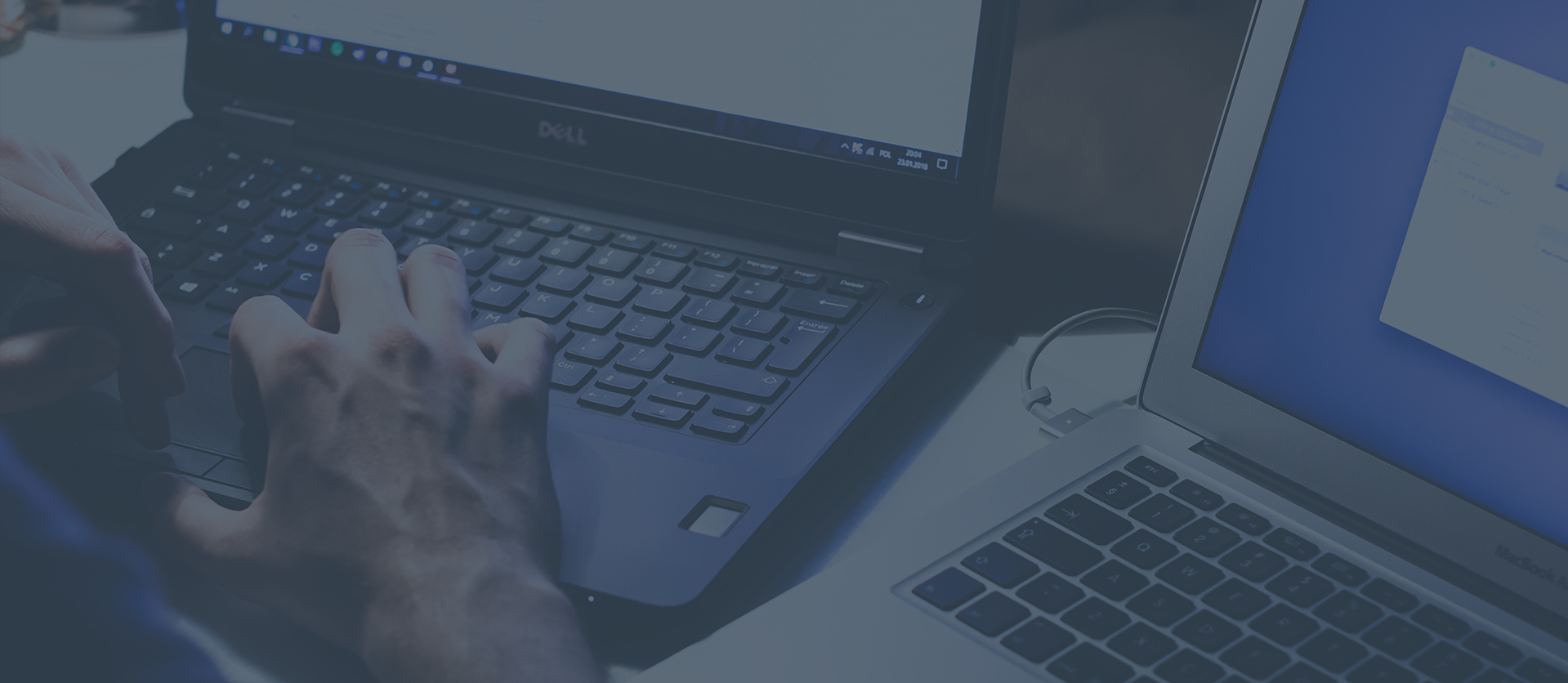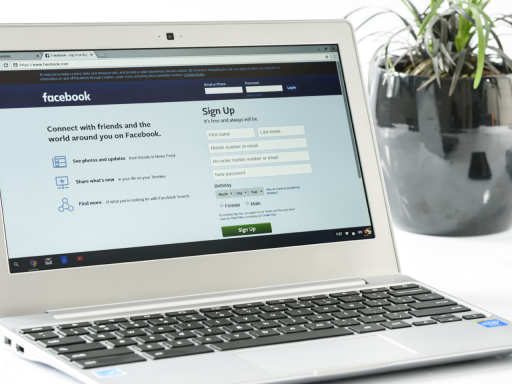Match the words with their definitions:
- Učenik nakon slušanja zvučnog zapisa o digitalnom društvu pokazuje razumijevanje rješavanjem zadatka dopunjavanja rečenica.
- Učenik nakon čitanja teksta o digitalnom društvu pokazuje razumijevanje rješavanjem zadatka odabira točnog odgovora.
- Učenik koristi nove riječi vezane uz digitalno društvo u datim rečenicama.
1 Match
2 Principles of digital citizenship
Digital Citizenship is a term which is used to define the appropriate and responsible use of technology. Three principles were developed to teach digital users how to responsibly use technology to become digital citizens and they are: respect, educate, and protect.
Match the principles with their definitions.
The elements of rights and responsibilities, security, and health and wellness are used to remain safe in the digital and non-digital world.
The elements of etiquette, access, and law are used to respect other digital users.
The elements of literacy, communication, and commerce are used to learn about the appropriate use of the digital world.
3 Word search
Find the concepts connected to digital citizenship in the word search.
4 Reading comprehension
Read the text and decide whether the sentences are True or False.
a) Digital citizenship only deals with online safety.
b) We need to take many security measures when online.
c) Digital literacy helps us to distinguish true from fake news.
d) Students today don't have the same chances when it comes to online learning.
e) What we do online can never be erased and leaves a digital footprint.
5 Connect the words with definitions
Connect the words with their definitions.
6 Vocabulary Check
Put the words given below into the sentences.
policy, citizenship, to harness, savvy, wary, collaboration, fallacy, disabilities.
7 Listening
Listen to an interview with Liam, a student from Ireland, about digital learning. While listening, put the missing words into the sentences.
REPORTER: Today, we are talking to Liam, a student from Dublin, about his experiences with digital learning, learning games, and tools used in his school. Thank you for coming, Liam.
LIAM: Hello, thank you for inviting me.
REPORTER: First, can you tell us how you have used technology to help you with your homework?
LIAM: Well, we do a lot of projects in my school, so I usually search for information on the Internet, try to find reliable sources and avoid using other people's work. I go through the information and then try to just get the gist of it all. I also use our school's network to communicate with my teachers and peers when I need help with my work or when I want to ask additional questions about homework or specific projects.
REPORTER: After-school is all about learning by doing. How can technology give students new experiences and connect with what students are learning in school?
LIAM: At school we usually acquire the theoretical background, but then we need to do some additional research at home, or do exercises, prepare presentations or projects. We need to use technology for that because it enables us to do the work quicker. We are more efficient if we use the Internet instead of going to the library to search through various books. Sometimes, when I don't know how to solve something, I watch a tutorial on YouTube or ask my teachers to recommend a site or put a video on our school network that can help me.
REPORTER: What type of digital content is fun for students?
LIAM: I know that everybody in my class loves doing quizzes, puzzles, or escape rooms. We like to play games in our free time, so gamification is great because we are learning things in a fun and interesting way. We also like to compete against each other or play in teams. We need to learn how to work in a team, how to collaborate with other people and how to become responsible for our part of the work.
REPORTER: What are your thoughts on online learning games and tools?
LIAM: I love them, I really do! I have started learning French online and it's a lot of fun because I can learn it whenever I want. I can choose the pace and the number of activities to do in one session. I can also contact the teachers who are available online if I need any help.
REPORTER: How do your teachers use online learning games and tools in the classroom?
LIAM: I have already mentioned our school network, which we use for learning, collaborating, and project work. Teachers also incorporate learning games in their lessons, give us information about the tools that can help us, either at school or at home.
REPORTER: How do you define digital citizenship? Why is it important for everybody, especially students, to know more about it?
LIAM: Well, this is a really difficult question. I think that digital citizenship is about being responsible and polite while using the Internet or communicating with other people online, as well as being safe. We need to learn how to use the Internet critically, how to distinguish real news from fake news, and how to leave a positive digital footprint because we never know what our future employees will think of us if they see that we didn't use technology in an appropriate way.
8 A video
Watch a video on the following link and choose the correct answers.


